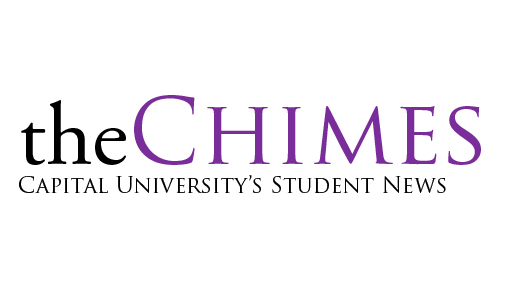by Aaron Butts
Course requirements are notoriously despised at Capital. Whether general education courses or major specific requirements, they are the bane of any student’s college career. One of the positive aspects of these requirements (besides enhanced knowledge of subject matter) is that the student receives credit toward total college completion. Conservatory students do not have this luxury when it comes to recital hour.
For those who don’t know, recital hour is an hour-long period on Friday mornings when students in Capital’s Conservatory of Music are required to attend performances by their peers, and eventually perform themselves. Recital hour serves the purpose of showcasing the talents of students who spend the entire year practicing and finally show all they have learned. They do all of this for no credit whatsoever, and this is the only class at Capital that goes for absolutely no credit hours.
Even some other departments around Capital give credit for basically the same course.
“Everyone thinks it sucks,” Patrick Carlson, freshman Music Education major, said. “But it does serve a purpose. We get credit for our private lessons, so we get credit for the things that we work on for recital hour.”
A reason for not giving credit may be that conservatory students are notorious for taking more credits than any other major.
“I’m going to be taking eighteen credit hours for most of my time here, except when I have to student teach,” Carlson said.
For other students, having 18-20 credit hours is not uncommon, so adding another hour to that only takes an hour away from other classes they could be taking.
Many Conservatory students admit that there is a value in it, but they wish they got credit for something they were forced to do. Marty Quinn, a music industry major, explained that there is more value to be had than just credit hours.
“It also gives students a chance to be exposed to a ton of different music,” Quinn said. “For someone that is into classical music, it’s an invaluable part of their major that they wouldn’t be as successful without.”
by abutts@capital.edu

